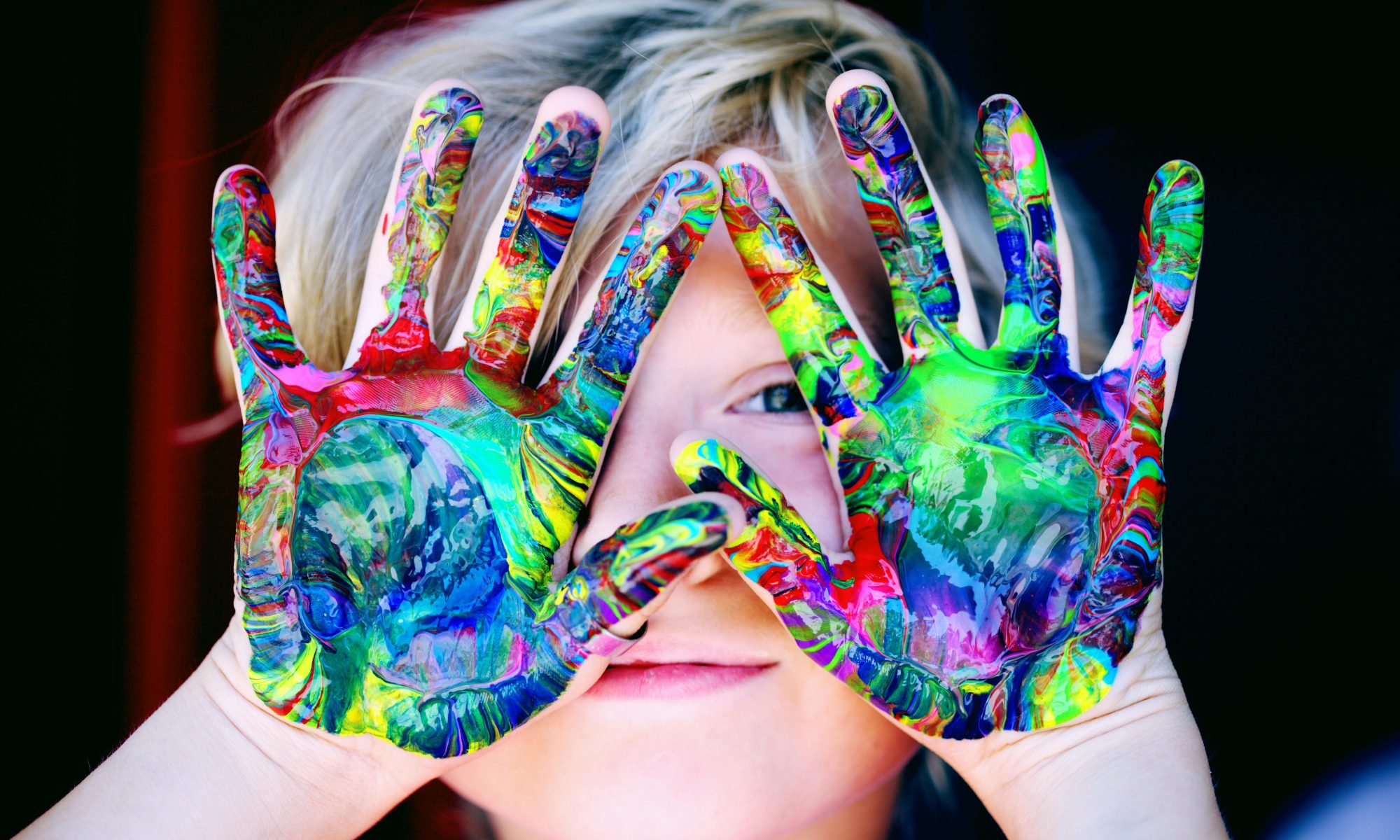What is Child-Centered Play Therapy?
Play therapy is more than just fun and games—it’s a powerful way for children to express themselves and work through challenges. As a parent, you might be wondering how this therapy works and why it could be beneficial for your child. Let’s explore!
What Exactly is Child-Centered Play Therapy?
Child-centered play therapy (CCPT) is a therapeutic approach that harnesses the natural medium of play to help children communicate, explore their feelings, and resolve issues. In CCPT, the therapist provides a safe and accepting environment where your child can play freely with toys and materials that encourage expression.
The key here is that the child leads the session. They choose what to play with and how to play, while the therapist observes and gently guides when necessary. This empowers children to explore their emotions and experiences at their own pace.
Why is Play Therapy Effective?
Children often struggle to articulate their thoughts and feelings using words, especially in a therapy setting. Play allows them to express complex emotions without the pressure of finding the right words. It’s a natural way for them to show what’s on their mind, enabling the therapist to understand their internal world better.
Benefits for Parents
- Improved Communication: Through CCPT, children often become more adept at expressing their feelings and thoughts, which translates into better communication with you as their parent. This enhanced dialogue can strengthen your relationship and make daily interactions smoother.
- Reduced Stress: Seeing your child engage in play therapy can ease the worry you might have about their emotional and mental well-being. Knowing that they have a healthy outlet for their feelings can bring a sense of relief and peace of mind.
- Insight into Your Child’s World: Play therapy sessions can provide valuable insights into what your child might be experiencing or struggling with. This understanding can help you address their needs more effectively at home and create a supportive environment for their growth.
- Empowerment: Watching your child take charge of their play and work through their emotions can be empowering for you as a parent. It’s reassuring to see them developing coping skills and gaining confidence in their ability to navigate challenges.
What to Expect
In CCPT, the playroom is a place where children can feel safe and understood. It’s filled with toys and materials that encourage expression—dolls, art supplies, sand trays, and more. Sessions are usually 30-50 minutes long, and it’s recommended to have them regularly to see the best results.
A Bright Future
As a parent, your involvement and support in your child’s play therapy journey are crucial. By choosing child-centered play therapy, you’re providing them with a toolset to explore, understand, and manage their feelings, setting the foundation for a healthier and happier future.
Remember, it’s not just play—it’s the work of childhood, laying the groundwork for a resilient and emotionally intelligent adult. If you’re considering this for your child, we’re here to answer your questions and support you every step of the way!

